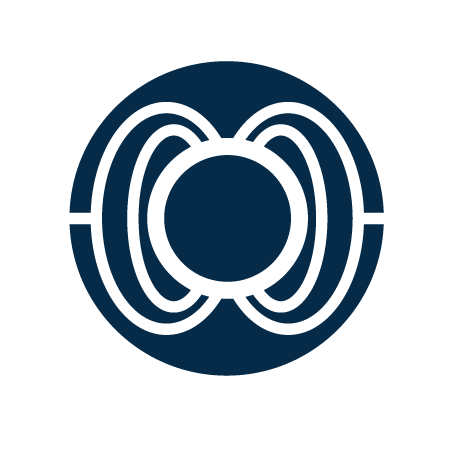2014-2015
In 2014, the Geoyynamo WG’s efforts focused on three main tasks.
TASK1. CALYPSO CODE DEVELOPMENT TASKS 2014
1.1 Calypso v1.1. April 2014
Heterogeneous boundary conditions; Thermal and compositional buoyancy sources; Improvements in output files. 1.2. Calypso Tutorials: CIDER (July) and ELSI Summer Institute (August)
1.3. Calypso v2.0. Late 2014.
Whole sphere dynamo capabilities; Legendre transform performance enhancements; Python template for viewing time-series outputs and 2D slice image outputs. 1.4. Hero Calculations
TASK 2. COMMUNITY BENCHMARK EXERCISE
2.1. Accuracy testing of contributed codes on Stampede 2.2. Performance testing of contributed codes on Stampede 2.3. 2nd CIG Dynamo Development Workshop, NCAR in Boulder, CO, Fall 2014
TASK 3. RAYLEIGH CODE DEVELOPMENT TASKS 2014
3.1. Hydrodynamic Convection Capabilities: simulate Boussinesq non-rotating, non-magnetic convection in spherical shell geometry 3.2. Rotating Convection Capabilities. 3.3. Magneto convection and Dynamo Capabilities
- Benchmarking
3.4. Anelastic fluid dynamics 3.5. Beta Version Release Fall 2014 3.6. Cartesian Geometry 3.7. Hero Calculations 3.8. User interface for broader community usage 3.9. Advanced Parallelization and optimization (e.g. MIC and GPUs)
Past Activities
2013-2014
Code Release: Calypso v1.0 & 1.1. This code scales well up to over 1000 cores on medium scale problems, which is 1000 times the scalability of CIG’s previous dynamo model, MAG. The first publications from Calypso are now in review. Watch a simulation here YouTube.
An international benchmarking exercise has been initiated to assess both the accuracy and HPC performance of various dynamo models and modeling methods. This exercise has broad community buy-in, with over 12 independent codes already having carried out the accuracy tests and 3 more being planned. The benchmark tests for both accuracy and performance. Performance testing is being carried out using the CIG allocation on Stampede by CIG staff.
The WG has been guiding the development of the next generation geodynamo code, Rayleigh, which began in late 2013. Rayleigh makes use of advanced parallelization schemes in order to use of upwards of 100,000 cores to efficiently simulate turbulent dynamo action in planetary and stellar environments.
—-
2013-2014
Hiroaki Matsui will document and release Calypso – a Boussinesq spectral transform code.
Nick Featherstone will begin development of a new dynamo code based on ASH that will scale to tens of thousands of processors. This new HPC spectral code will have the advanced parallelization of the ASH code, allowing for more realistic, turbulent systems to be studied than are presently accessible to the dynamo community.
The community will undertake a benchmark exercise of existing dynamo codes. The benchmark will be developed by the Working Group and be available to the international community. The benchmark will test accuracy as well as performance. Performance benchmarking will be run by CIG Staff on Stampede.
Past Activity
2012-2013
Following the successful 2012 Geodynamo Developers Workshop, the Geodynamo Working Group developed a proposal for a Community Dynamo Code Development and Benchmark Project. Hiroaki Matsui and Nick Featherstone were identifed as key developers for the project to be supported by CIG. The proposal was accepted by CIG.

